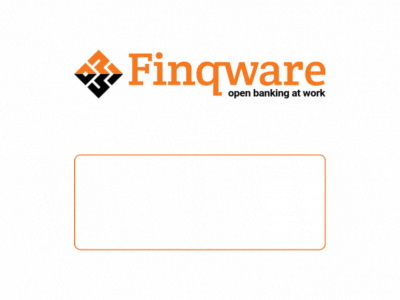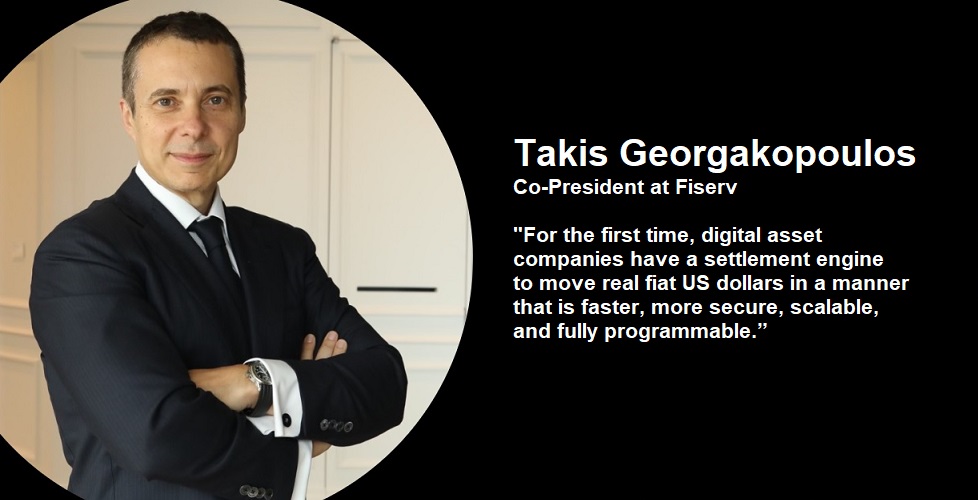The Bank of Israel publishes guidelines for the banks and credit card companies for implementation of the open banking standard

The Bank of Israel is publishing a draft for public comments of a Proper Conduct of Banking Business directive on „Implementation of Open Banking”. As part of this directive, the banks and credit card companies will be required to enable licensed and supervised third parties to gain access to a customer’s account, with the customer’s explicit consent, in order to obtain information or execute transactions.
This regulation is another step being taken by the Bank of Israel to advance competition and innovation in the Israeli banking system. With this step, the Bank of Israel joins a number of regulators and leading entities in the world (such as in the UK, Australia, Singapore, the EBA, and others) who have published open banking principles for the financial system.
Customer accounts will be opened to third-party access in stages. In the first stage, access will be provided to information on balances and transactions in the customer’s current account, within one year from the publication of this directive.
In the second stage, access will be provided to information on bank and nonbank payment card transactions, and to initiate payments in the customer’s bank account, within one-and-a-half years from the publication of this directive.
The third stage will include access to additional customer information on the customer’s credit and loans, on the customer’s deposits and savings, and on the customer’s securities portfolio, all within two years from the publication of this directive.
Bank of Israel Governor Prof. Amir Yaron said, „This is another step that will advance the Israeli financial system toward the future. It will help create real value for the financial customer in a variety of products, for instance by comparing costs and obtaining financial services from a variety of entities, which will contribute to promoting competition both within and outside the banking system. I view this as another breakthrough in the financial innovation that we are continuing to promote at the Bank of Israel. This is in parallel with the risk management that must accompany this measure, which requires complementary legislation and proper licensing and supervision of the nonbank entities that will gain access to banking information. I hope and believe that we will see an increasing number of technology and fintech companies operating in Israel thanks to the implementation of the open banking standard. This process is due to the intensive joint work of the Banking Supervision and Information Technology Departments at the Bank of Israel, reflecting significant synergy thanks to experience and regulatory understanding alongside technological innovation.”
What will become possible as a result of the process?
Open banking will enable and encourage the development of new services and products in the areas of payments and analysis of the customer’s banking information that could increase competition in financial services. This is expected to be reflected in lower prices and offerings of innovative products and services to customers. For instance: in the area of financial information, a service to consolidate information, which would allow the customer to see all banking information from all of the accounts he manages, in a consolidated format in one place. Based on this collection of information, it will be possible to offer the customer consultation regarding his financial behavior and to offer him financial products including credit, deposits, and securities. In the area of payments, we can see, for instance, that some merchants are offering clients the option of paying directly from their account through a designated mobile application, without a payment card and without providing account details.
In order for the customer to obtain a full financial picture, consulting, and value offers, we must work to advance the infrastructure for an open financial world that will include all financial entities in Israel. The open banking infrastructure is the first step in advancing this philosophy.
Background and further steps:
In January 2017, the Increasing Competition and Reducing Concentration in the Banking Market Law, 5777–2017 was published. Section 5 of the Law sets out that a bank will enable a service provider to view a customer’s financial information with his consent, and that the Minister of Finance, with the consent of the Minister of Justice and in consultation with the Bank of Israel Governor and the Head of the Competition Authority (formerly the Anti-Trust Commissioner), will set out directives regarding the viewing and use of online financial information. This law has not yet come into force, because in order to regulate and implement open banking in Israel similar to what is operating abroad, the relevant government ministries and regulators believe that additional legislative amendments are necessary, and they are working to formulate them. This legislation, together with determining who will supervise third parties that are interested in operating within this ecosystem, are critical to the open banking infrastructure in Israel.
In addition, the ecosystem rules that will apply to all participants must be set out in legislation, particularly the rules on information security, protection of customer privacy, and limits of liability among the various participants who will manage the customer’s information. This is because the third parties will be required to meet a defined standard in order to manage the security of customer information, and only after receiving a license from the regulator will they be able to gain access to the customer’s account.
In parallel with the drafting of the legislation, and in order to derive much greater benefit from the open banking ecosystem, the Bank of Israel has begun defining an Open API standard for open banking. Following an in-depth study and consultations with relevant entities in the market, the Bank of Israel has chosen to adopt the NextGenPSD2 XS2A
Framework[1] standard adopted in Europe by the Berlin Group, and to make the necessary adaptations to implement it in the Israeli economy. The standard and the directive set out rules for the main aspects of the three-way relationship between the financial entity, the customer, and the third party: (1) Identifying the third party enquiry to the bank or the credit card company to obtain information or initiate an action; (2) Identifying the customer, obtaining his consent to provide the information or initiate the transactions, and managing these permissions; (3) A uniform language for requesting information from the bank or credit card company, and sending it to the third party; (4) Information security and data transfer; and (5) Services and data that can be obtained as part of open banking in Israel.
Open banking also poses risks and challenges, but when giving the customer control over his information, a significant step is taken toward the new world, where information has tremendous value. Therefore, alongside the global development of open banking, it is becoming increasingly important that banks and banking supervisors monitor the development of open banking, identify its implications, and act accordingly.
In November 2019, the BIS published a report on Open Banking and API[2], which deals with this issue among other things. The Bank of Israel is monitoring regulatory developments, standards and risks in the area of open banking globally, and is making sure that the infrastructure being established and developing in Israel includes proper solutions to the inherent challenges and risks. The Bank of Israel is also making sure that the infrastructure provides a response to technology and fintech companies operating in this area or that will operate in the future, including joint meetings between the financial system and third parties.
For the purposes of publishing the standard, increasing transparency and access to all information about it for its implementation, and creating a single platform for communication between the participants in the open banking project, the Bank of Israel has established a designated portal[3] (in Hebrew) on its website. The portal will contain drafts and final versions of the standard, framework documents, consultative documents, and other relevant documents. The aim of the portal is to enable the banks, credit card companies, fintech companies, and other interested nonbank entities to acquaint themselves with the standard, make comments, and prepare for its implementation.
[1] https://www.berlin-group.org/nextgenpsd2-downloads
[2] Report on Open Banking and Application Programming Interfaces, November 2019, Basel Committee on Banking Supervision, Bank for International Settlements.
[3] https://www.boi.org.il/he/BankingSupervision/Pages/Open-banking.aspx
Dariusz Mazurkiewicz – CEO at BLIK Polish Payment Standard
Banking 4.0 – „how was the experience for you”
„To be honest I think that Sinaia, your conference, is much better then Davos.”
Many more interesting quotes in the video below:












